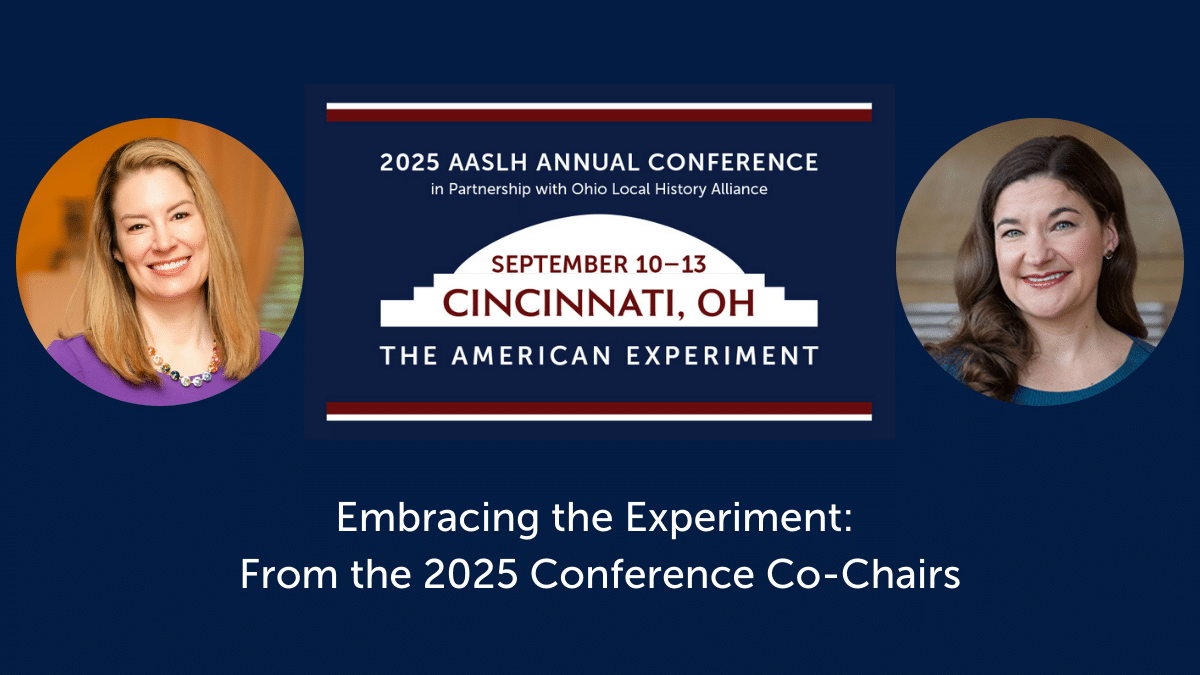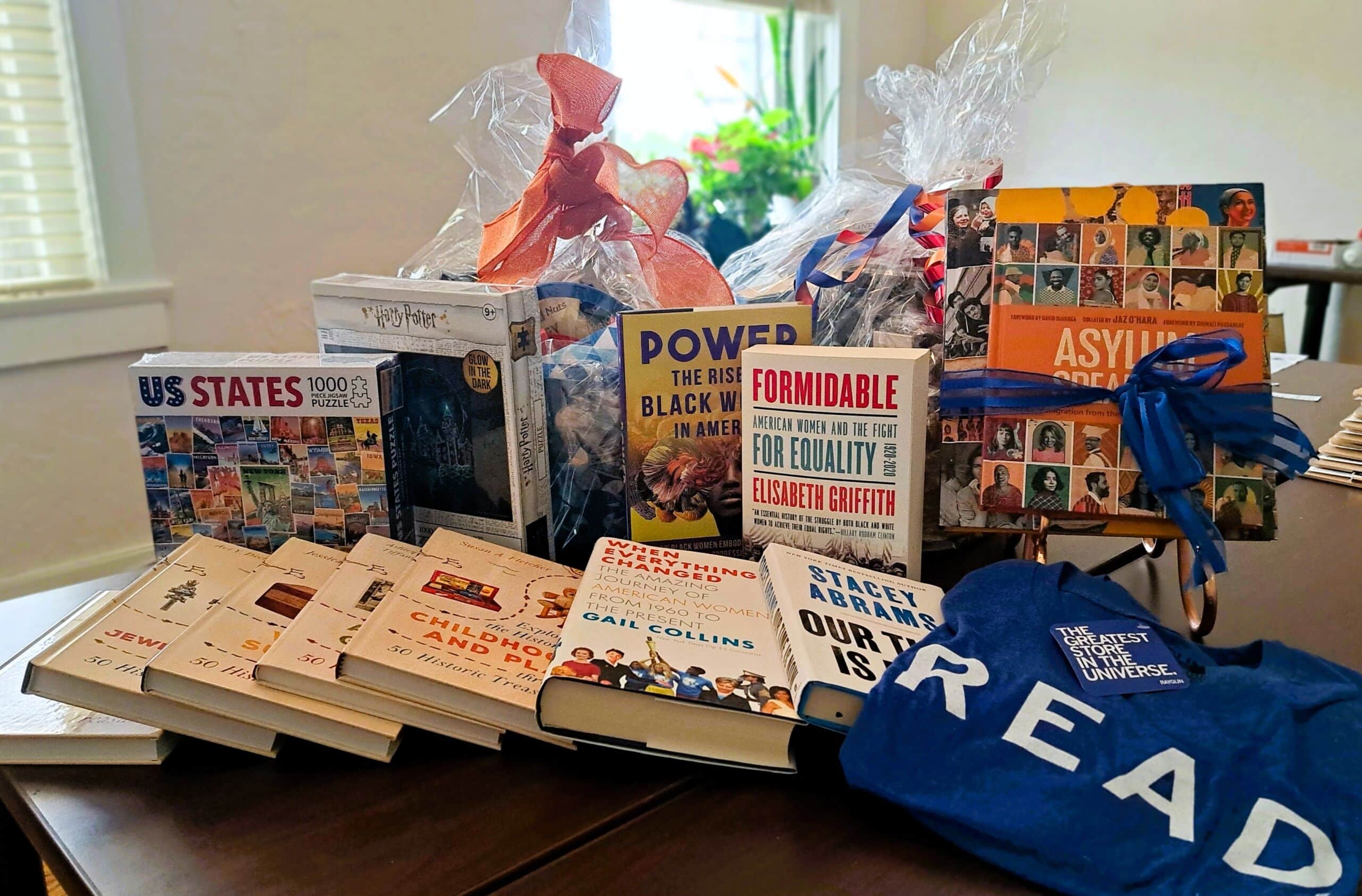 Do we need a brand for history? I just attended an UnConference Session at the American Alliance of Museums Conference in Baltimore, where a group of about 30 history professionals debated this question with the help of John Durel and Conny Graft.
Do we need a brand for history? I just attended an UnConference Session at the American Alliance of Museums Conference in Baltimore, where a group of about 30 history professionals debated this question with the help of John Durel and Conny Graft.
The short answer from the group was “yes.” But, of course, the devil is in the details.
What does the brand encapsulate? Citizenship. Critical Thinking. Patriotism. Freedom. Understanding your place in the world. Empathy with others (from other times and other places).
Do we avoid using the H-word and talk about “The Past” instead? Does the word “history” evoke yawns and boredom no matter what we do? (And is the History Channel the exception to this perception? And why?)
Do we create the “brand promise” and then work toward delivering it? That is, do we say that history organizations are the best place to have civic discourse before the majority of history organizations are really doing this? Do we need metrics to justify that we are living up to our promise?
What can we learn from the promoters of STEM (Science Technology Engineering Math)? (Or is it now STEAM [add Art]? Do we make it SHTEAM [add History]?) Should we focus on the skills that people learn when they actually do history, such as evaluating the source of information (media literacy is similar to understanding the biases in primary sources)?
Who are our allies in promoting the history brand? Can we reach out to teachers and empower them to trumpet our value? Could we partner with organizations who want to encourage conversations about the big issues of the day – like healthcare and immigration. Can we work with the non-partisan political organizations (like the League of Women Voters) to promote ourselves as places of civic discourse?
And my favorite piece of advice: Get out of your history museum! Go to baseball games, participate in politics, and do crafts. Pursue your own personal interests outside the museum and history fields. By being connected to the larger world, you’ll more naturally connect history and your history organization to what people know, love, and do.
We left with many more questions than answers – which is the best kind of conference session – from which we hopeto create a field-wide conversation.
So, do you think your small history museum would benefit from a brand campaign for history? What are you willing to do to support it?
Ten years ago, Stacy Klingler discovered the joy, challenge and diversity of work in small historical organizations at three historic sites in Crawfordsville, Ind. Then, as the director of the Putnam County Museum, she worked with an excellent board to quadruple the size of the museum and to enhance its profile as a community resource. She completed the Seminar for Historical Administration in 2006. For the last five years, she has enjoyed problem solving with local history organizations in her role as assistant director of Local History Services at the Indiana Historical Society.



